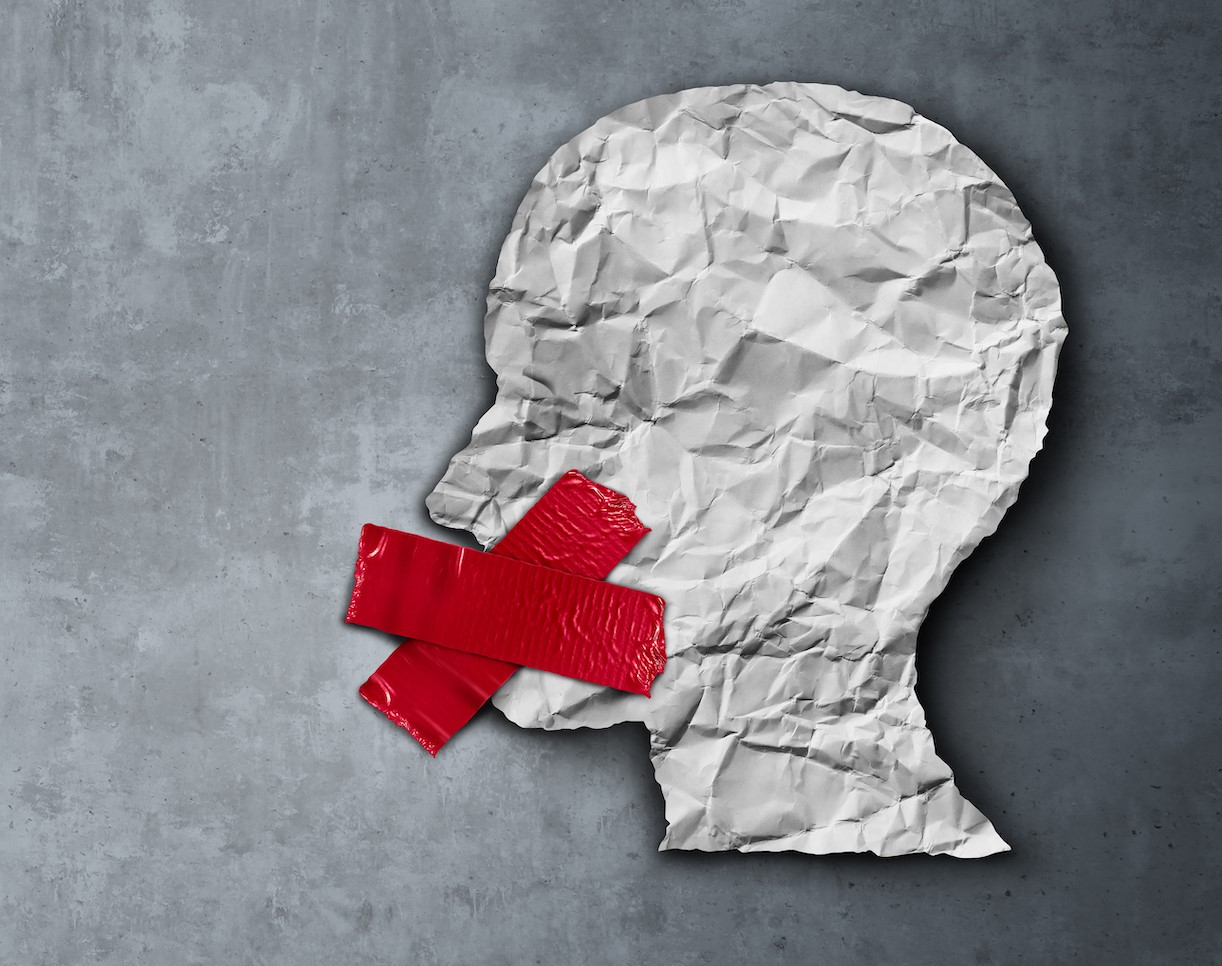Protection of dignity or limitation of freedom of speech?
According to the amendments of the Criminal Code of Armenia, severe insult is henceforth a crime.
Insult and slander were previously criminalized in Armenia, but following recommendations and regulations of international organizations, such as the Regulation 1577/2007 of the EC, Armenia has decriminalized it in 2010.
The law gives the vague definition of severe insult, which is a swearing or insulting in another extremely indecent way.
- Inflicting a severe insult is punished by a fine, ranging from $200 to $1.000.
- Insulting by using information or communication technologies or related to the public activity of the person, is punished by a fine, ranging from $1.000 – $2.000.
- If the perpetrator regularly targets one person, the fine can vary between $2.000-$6.000 or up to three months in prison.
In this context, the public activity includes journalism, performance of official duties, public or political activity.
According to some experts, the ultimate objective of the criminalization is not the punishing, but rather preventing such immoral behavior but other experts warn that the law will not serve for its purpose for several reasons:
- Firstly, there is no clear definition of foul language and swearing. Probably the law will be applied arbitrary, which in turn will limit the freedom of speech and press.
- Secondly, there is no clear mechanism how the police and investigative bodies are going to monitor and prosecute users on the internet, given the fact that many users have fake accounts and do not identify themselves.
- Moreover, many users of social media are outside of Armenia and Armenian laws cannot by applied. Consequently, the law will create a discrimination and inequality between the people.
- Another problematic point is that the criminal law differentiates ordinary people and public figures, providing a bigger fine in the case of the defamation of the latter’s. However, for years Armenian Civil law is moving in another direction, developing the idea that public figures must me more tolerant towards criticism, as their activity is of public interest.
- Last, but not the least, more than two decades, the international community is moving towards the decriminalization of defamation, and current law is in opposition to the global trend.

